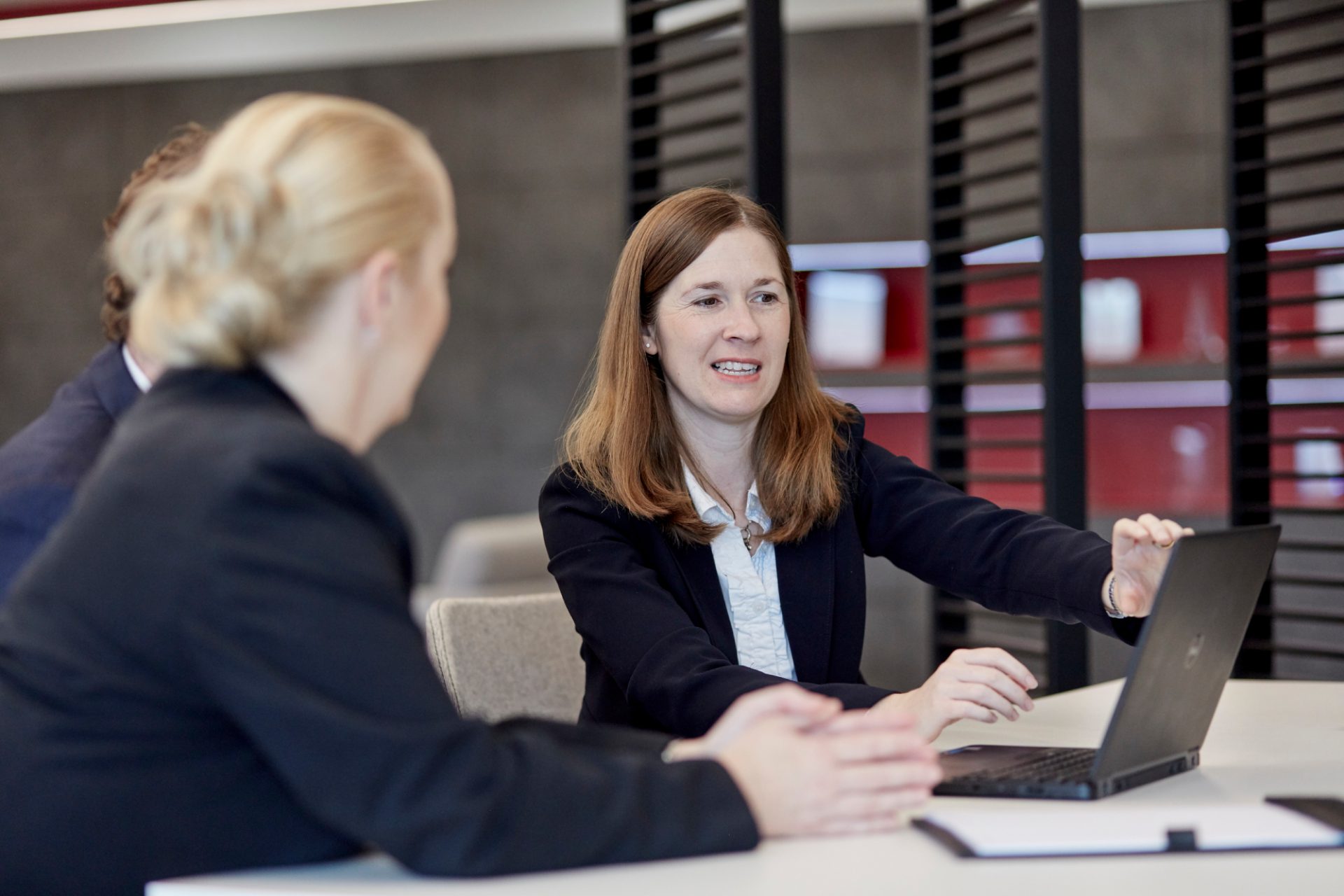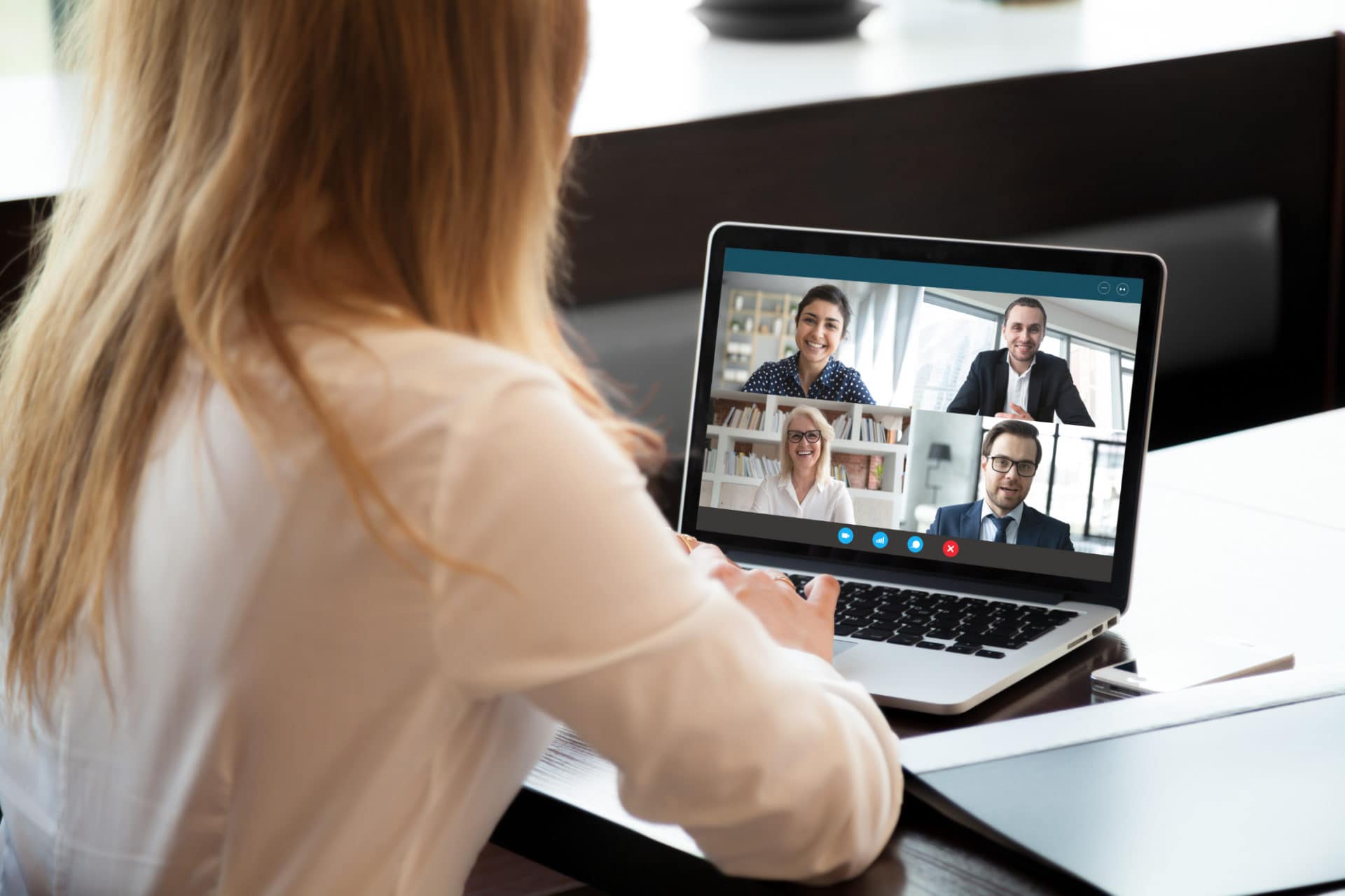
We wrote in April about how businesses could build resilience and prepare for recovery. Seven months on, it is pleasing to see that our clients and many other businesses have adapted to our changing world and found opportunities thrown up by Covid-19 and Brexit.
People and organisations have not allowed uncertainty to paralyse their business, instead seeking creative solutions which we have helped them deliver. We have seen an acceptance amongst businesses that no one can control all outcomes and timescales. They have turned their attention to what they can control and influence, including revisiting their purpose, values and differentiators and understanding where scrutiny may come from beyond shareholders, making changes to their technology and finances accordingly.
Over the course of 2020, we have been talking to clients and others in the market to garner insight into changing commercial practices. We have gathered this together below, in the hope that it offers some food for thought for businesses as well as highlighting some of the areas we can help with.

Stakeholder engagement
Putting people first
Many businesses have had to make difficult decisions and reduce headcount during the Covid-19 pandemic. We have seen a lot of engagement from clients considering alternatives to redundancy in order to protect their employees as best they can whilst weathering the crisis. There has been real recognition of the value of employees and their roles. Examples from our clients are:
- Zero-hour contracts: Offering employees zero-hour contracts rather than redundancy and guaranteeing employees that they will be paid for a minimum number of hours each month, whether they have worked for the business in that period or not. In one case the client even reconfigured its business model, using these zero-hours workers as a temporary resourcing solution for other parts of the group and third parties. Our client’s clear purpose in implementing these alternatives was not to make money, but to look after their people.
- Collective consultations: In some cases, as a result of the pandemic, businesses have had to conduct a number of collective consultations for redundancy which have involved appointing employee representatives. Following redundancies, one of our clients decided to conduct an employee engagement survey, and following the results of the survey, decided to set up an employee representative body to help improve communication and engagement with their employees going forward.
- Demonstrating values: In other instances, businesses have been demonstrating their values internally. For example, we have seen companies put a real emphasis on wellbeing at work, with businesses offering employees support through various means, such as a ‘Mental Health Day’ to take as extra holiday, or investing in online mindfulness or fitness programmes for employees to take part in either together or individually. Now more than ever, employees are considering the role their employer plays in its industry and whether it truly has a focus on its people. Where businesses have turned both outward and inward to demonstrate their values, morale and productivity in the workplace has inevitably improved.
As well as focussing on employees, we have also seen an increasing focus on customer centricity for all businesses that need to understand and get close to clients, examples of which feature below.
Doing the right thing
There has been real scrutiny of the actions of businesses during the pandemic and businesses need to be aware of the distinct absence of nuance in the Court of public opinion. However, there is a real opportunity for businesses to be seen to be ‘doing the right thing’ and we have seen our clients taking up such opportunities. For instance:
-
- Paying back furlough money
- Creditors and debtors finding commercial resolutions rather than rushing into litigating cases. This offers a supportive lending market
- Retailers extending returns policies, which has improved customer relations
- Providing customer refunds on motor insurance payments to reflect lower vehicle use, sharing the associated reduced cost of claims.
The financial implications of these gestures are in many cases significant, but the financial impact is balanced against the fact that businesses are improving customer satisfaction and also receiving positive publicity for their actions.
- Creating a shared identity – Businesses and their employees have all been placed in a very difficult situation, however, there has been a sense that we are ‘all in this together’. People have been learning a lot about the businesses they work in. The Head of Legal at a large retailer shared with us how he was more connected to the business as a result of working very closely with them on fundamental operational issues. Management teams are being more open and transparent enabling their people to gain a better understanding about what their business is and how it operates. Sustaining this will reap dividends going forward.
- Sharing data responsibly – We work with utilities companies and the pandemic has accelerated their plans to share data and use it responsibly. Utilities companies, local government, healthcare providers and supermarkets are good examples of where this has been done. An acceleration of this has been driven by public interest health objectives, rather than commercial objectives (even though commercial objectives are also being met). Data sharing is a sensitive issue, often unpopular as it is often done irresponsibly. But public interest data sharing has been carried out in a responsible way which has showcased how using data can be positive when done in an appropriate manner.
- Recognition of important charity work – In our work with charities we have seen consistent recognition and appreciation of the vital work charities are doing.

Workforce planning
I am a convert to WFH, having previously been sceptical, and my team have adapted really well. Communication and sharing of information and ideas has improved.
General Counsel
Remote working and flexibility
Many businesses have adopted more flexibility in the office working culture and there now appears to be a much wider acceptance of flexible working in the market. One General Counsel told us how he had become a convert to working from home, recognising that his team was more productive, they had built better relationships across the business and the use of technology had made internal communications better and more efficient.
This type of working can be beneficial for employees, as it may improve work-life balance, and can be mutually beneficial for businesses who may be able to reduce their real estate costs (i.e. downsizing their office space).
Some of our clients have previously found it difficult to recruit due to their base locations, however, with the move to remote working, these geographical barriers have been removed and so they are able to attract a wider pool of candidates.

Innovate and build for better
The greater focus on business resilience and risk awareness is a silver lining
- Plugging the gaps - some businesses have seen the opportunity to strategically partner with each other. For instance, digital-only Fin-Tech lenders have been able to combine the best of each's onboarding processes and scale to provide rapid funding to the SME sector. By working together, they are more than the sum of their parts.
- Forward thinking – due to the unprecedented nature of the pandemic, businesses were not previously prepared for it. Now we are seeing clients actively thinking about the safeguards they have in place if this situation arose again.
The focus on supply chain resilience is good, we are seeing a move away from 'just in time' supply chains to 'preparing for the future'. This will be very relevant for Brexit too and will drive automation and the skills agenda. It is condensing a lot of pain that we would have experienced over to the 4th industrial revolution. We will now be able to deal with these changes more quickly when they come.
We have also seen an increased agility – the response to the pandemic has reminded business what can be done with a "can do" attitude. It has shifted the dial in terms of appetite for risk. Head of Legal of a retail business commented to us that the greater focus on business resilience and risk awareness is a silver lining.

Technology Review
The pandemic accelerated our customer facing digital transformation – to introducing things we should’ve had anyway like live chat, to adding things that are more cutting edge like virtual video appointments.
Leading retailer
Acceleration
Many businesses, through necessity, have had to fast-forward their plans for technology adoption and have been thrust into remote/paperless working. One of our clients, a jewellery retailer said to us that the pandemic has accelerated their customer-facing digital transformation and they have introduced virtual video appointments and live chats.
The pandemic has witnessed an increased use of technology, particularly "DocuSign" for remote deal completions. This has led to overall increased efficiency and shown that deals can be completed remotely.
Necessity has driven a lot of invention and, because banking and finance have had to continue to do work and support clients and customers despite being remote, they have adapted. Things that banking clients thought they didn’t want to do or couldn’t do have been accelerated. So, the issues of virtual completions, doing deals remotely, and not having people attend completion in person with wet-ink signatures has been overcome.
Easy and open communication
The adoption of technology and enforced remote working has in some cases, opened up lines of communications, as there are fewer barriers to holding meetings (i.e. geographical). This is something which businesses are seeing both internally and externally. Whilst everyone is a bit "zoomed out" now, the embracing of Zoom has meant that it is now easier to catch up with geographically distant clients, as it doesn't feel so "weird" to suggest online catch ups as it may have done previously, when you might wait until you were next in their area or make a special journey, both of which take longer.
Communication has also improved for many businesses internally, with one of our clients commenting that their business is more collaborative and more agile at problem-solving - online meetings facilitate that as meetings can happen quicker.
- GRIP - Our collaboration with Private Equity firms has continued with our GRIP portfolio management and reporting solution. GRIP is an acronym for Governance Reporting Information Portal. This allows a Private Equity house to see a macro view of all portfolio companies and their compliance (or other) metrics on a consistent basis. This is used through an easily accessible dashboard with a traffic light reporting system, providing up to date and consistent reporting, which has proved invaluable during the crisis management phase of this pandemic.
Environmental impact
As mentioned above, the actions of businesses often come under scrutiny from the public and Environmental and Social Governance is high up on the public agenda. The roll out and acceleration of the use of technology means that some businesses will not require their employees to travel as much, which will have a positive impact on businesses' green credentials.
In conclusion
Companies are focusing on long term sustainability and will be buoyed by recent positive developments regarding vaccine trials. The focus on what the business needs to look like for customers, employees, suppliers and community is enabling them to look forward beyond survival.
It has been rewarding to work alongside clients, making creative and commercial suggestions based on our understanding of them to help them implement their objectives as well as identifying potential opportunities. One of our clients commented that this time has made them realise the value of lawyers that understand their business.
If this resonates with you, please do get in touch to see how we can help your business rebuild and innovate for the future.













